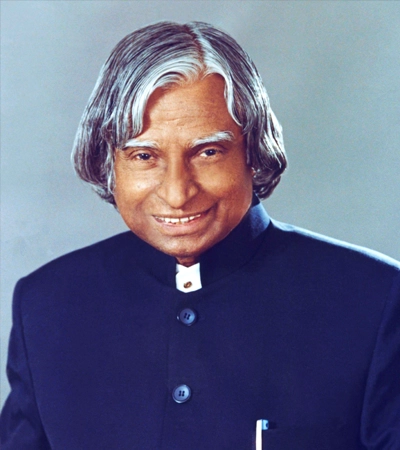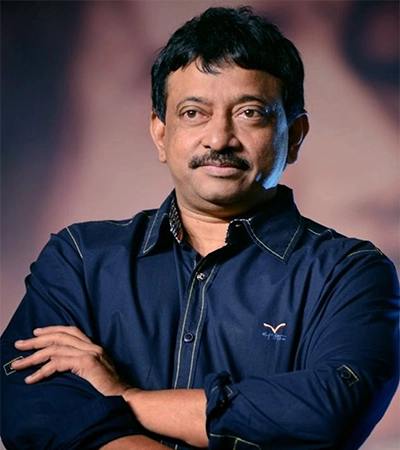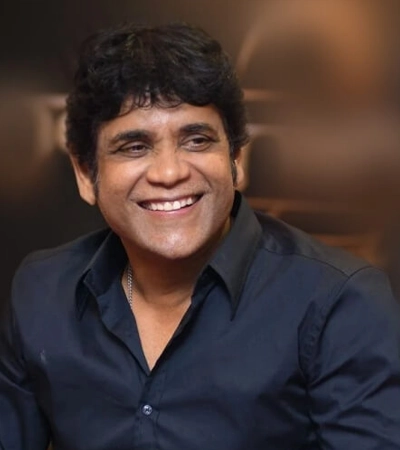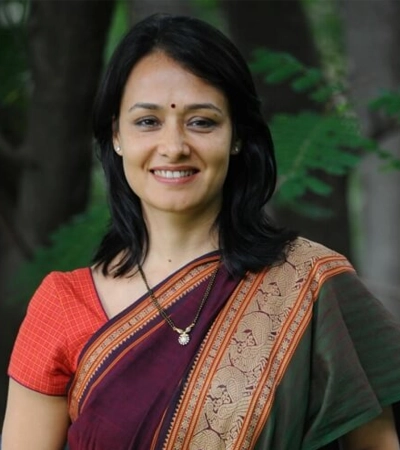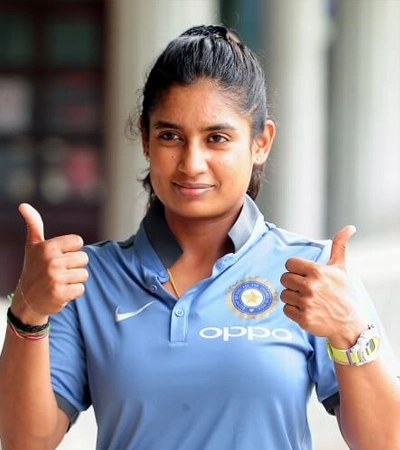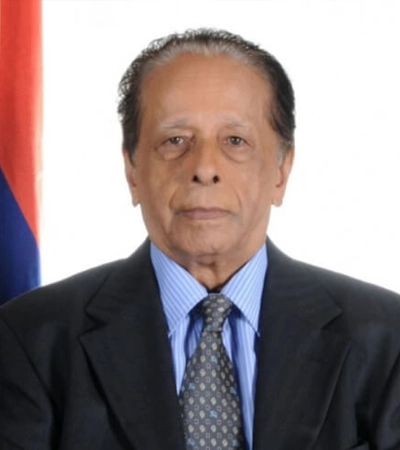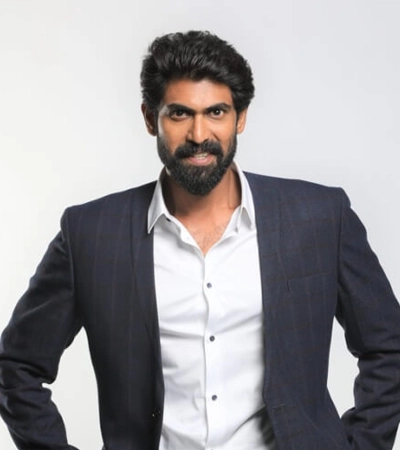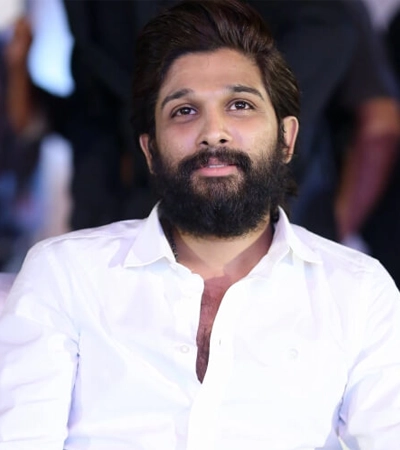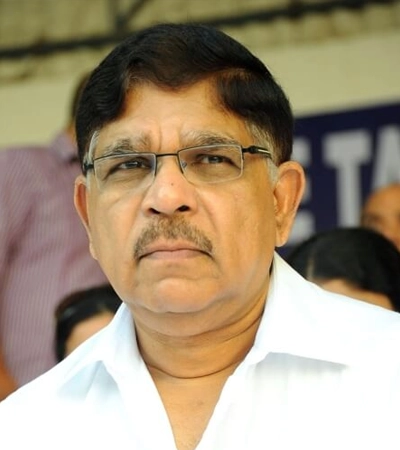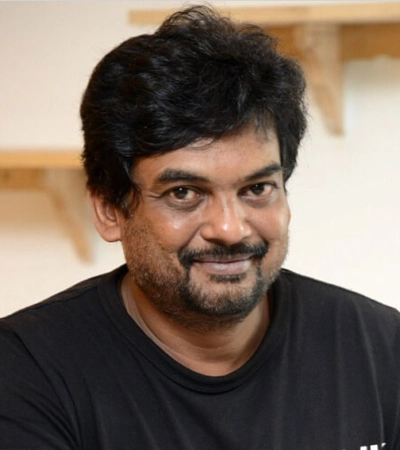
Photorefractive Keratectomy
- Home
- Treatments
- Photorefractive Keratectomy
Schedule
Your Appointment
What is Photorefractive Keratectomy ?
Understanding About
PRK is a laser refractive procedure developed in 1983 by Dr. Steven Trokel and colleagues, with the first procedure performed in 1987 by Dr. Theo Seiler in Berlin. It involves ablating the corneal stroma to correct refractive errors such as myopia, hyperopia, and astigmatism.
PRK received FDA approval in 1996 and was initially preferred over incisional keratotomy for its predictability and stability. However, its popularity declined in the late 1990s with the rise of LASIK.
Despite LASIK being the most commonly performed visual refractive surgery today, there are still specific situations where PRK may be preferred.
Symptoms
Treatments
Precautions
Symptoms
- Sensations of discomfort
- Pain
- Dryness
- Tearing
- Photophobia
- Blurred vision
- Glare
- Halos
Treatments
- Removal of Epithelial Cells: Techniques like mechanical debridement, laser-scrape, or alcohol-assisted removal are used to prepare the cornea for laser reshaping.
- Laser Ablation: The excimer laser is then used to reshape the cornea based on the patient’s refractive error.
- Collagen Cross-Linking (CXL): In certain cases, PRK may be combined with CXL to strengthen the cornea, especially in conditions like keratoconus or post-LASIK ectasia.
- Mitomycin-C Application: Mitomycin-C may be applied post-laser to reduce haze formation by inhibiting cell proliferation and DNA synthesis.
- Post-Treatment Management: Patients receive medications like nonsteroidal anti-inflammatory drops, antibiotics, and steroids to manage inflammation, prevent infection, and promote healing. Artificial tears may also be recommended for lubrication.
Precautions
- Preoperative Evaluation: Assess ocular health and refractive error thoroughly.
- Patient Education: Provide comprehensive information on risks and outcomes.
- Preoperative Medications: Adjust medications affecting healing or infection risk.
- Avoidance of Contact Lenses: Instruct patients to stop wearing them before surgery.
- Corneal Thickness: Ensure sufficient thickness to minimize complications.
- Infection Prevention: Use proper sterilization and antibiotics.
- Mitomycin-C Application: Apply cautiously to reduce adverse effects.
- Postoperative Monitoring: Regularly check for complications and intervene as needed.
Types of Photorefractive Keratectomy
Different Types of
Before the Surgery
During the Surgery
After the Surgery
Before the Surgery
- Ensure patient comfort and minimize movement.
- Identify and mark the correct eye.
- Prepare the skin around the eye.
- Set up a sterile instrument tray.
- Calibrate and check the excimer laser.
- Ensure proper fixation of the pupil.
- Communicate with the patient about the procedure.
- Administer preoperative medications as prescribed.
- Educate the patient about postoperative care.
- Verify patient information for accuracy and safety.
During the Surgery
- Patient Positioning: Ensure comfort and minimize movements. Keep legs uncrossed, neck straight, and align the head. Cover the nonoperative eye for unilateral surgeries.
- Excimer Laser Calibration: Check laser for proper alignment, beam profile, and power output. Input patient data.
- Pupil Fixation: Ensure pupil fixation using self-fixation or fixation ring. Monitor fixation throughout the procedure.
- Communication: Maintain patient communication, minimize distractions, and inform them of changes.
- Epithelial Cell Removal: Choose and perform the appropriate technique quickly and skillfully.
- Laser Ablation: Center and focus the excimer laser as per manufacturer’s recommendations. Adjust pulses for correction.
- Collagen Cross-linking and MMC Application: Consider CXL and apply MMC to reduce haze.
- Post-treatment Management: Instill topical medications and place a soft bandage contact lens.
After the Surgery
- Instruments are ready: Set up the tray.
- Consent is obtained: Confirm patient’s understanding.
- Eye is marked: Avoid confusion, especially in unilateral cases.
- Patient is educated: Explain post-op changes and care instructions.
- Relationship is developed: Maintain communication to ease anxiety.
- Eye protection is taught: Instruct on post-surgery eye care.
- Eyedrop application is explained: Demonstrate proper technique.
- Follow-up appointments are scheduled: Monitor progress and assess visual acuity.
Our Doctors

Dr. Kasu Prasad Reddy
M.B, D.O, MRCOphthCheif Cataract & Refractive Surgeon
Somajiguda
,
Telangana

Dr. P. Muralidhar Rao
MBBS, M.S, FIVRSr. Vitreo Retinal Surgeon
Somajiguda
,
Telangana


Dr. Anitha C Kamarthy
MBBS, M.SSr. Cataract & Glaucoma Surgeon
Somajiguda
,
Telangana

Dr. B M Anil Kumar
MBBS, D.O, FLVPEI, MBASr. Glaucoma Consultant
Somajiguda
,
Telangana

Dr. Vamshidhar
MBBS, DNB, FICO ( UK)Sr. Cataract & Refractive Surgeon
Somajiguda
,
Telangana
Photorefractive Keratectomy FAQS
Is PRK better than LASIK?
Is PRK permanent?
Can I get PRK twice?
How long does it take to recover from PRK?
Is PRK better for dry eyes?
Our Visitors
Eye-Conic Encounters
at Our Hospital





